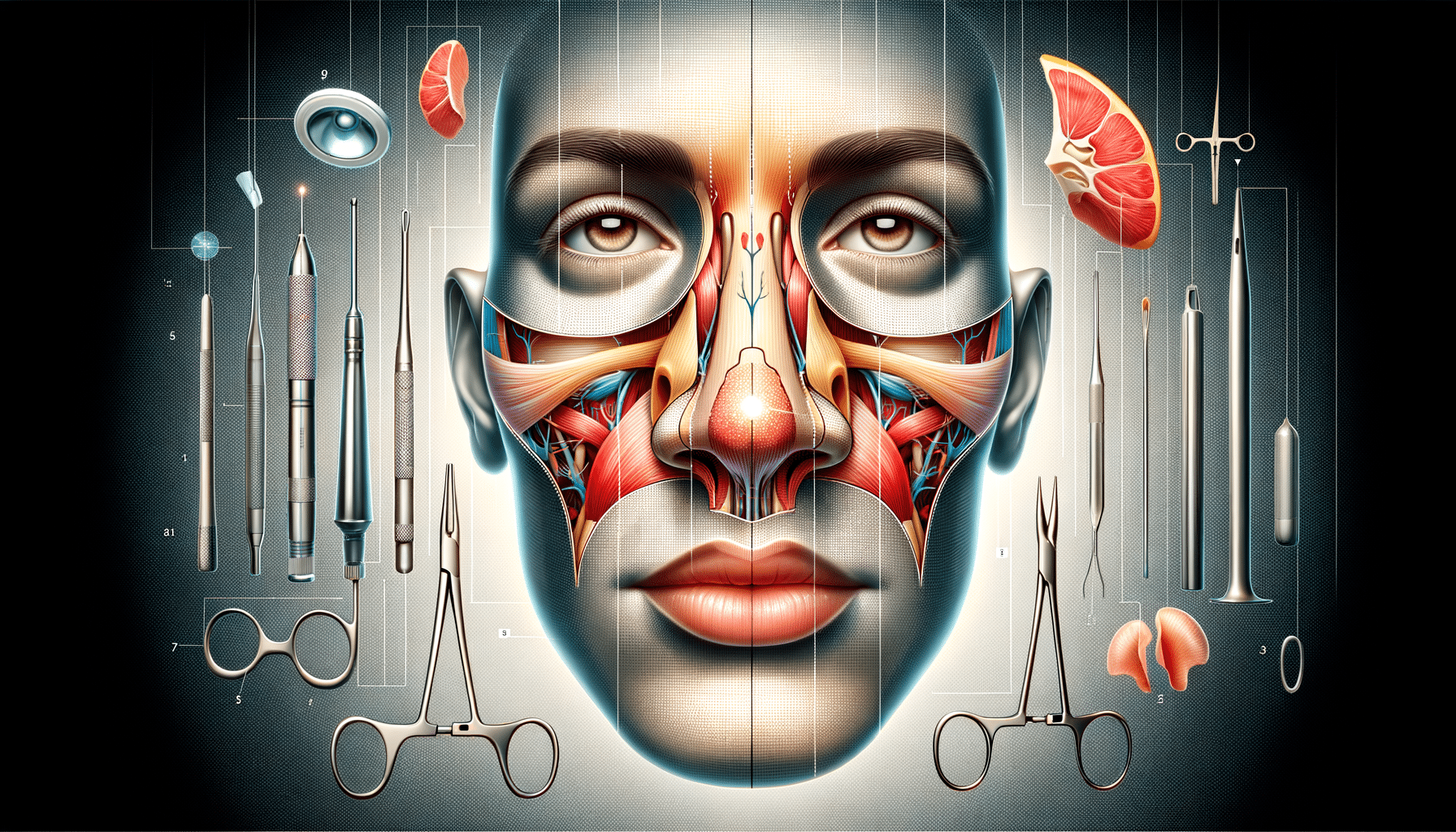
A Closer Look at Male Health and Intimacy Concerns
Understanding Erectile Dysfunction
Erectile Dysfunction (ED) is a condition that affects millions of men worldwide, characterized by the persistent inability to achieve or maintain an erection sufficient for satisfactory sexual performance. This condition can have profound effects on a man’s self-esteem and intimate relationships. Understanding the nature of ED is crucial for those affected and their partners, as it helps in seeking appropriate treatment and support.
ED can result from a combination of physical and psychological factors. Physically, it may be linked to conditions such as diabetes, cardiovascular diseases, and hormonal imbalances. Psychological factors may include stress, anxiety, and depression. These elements can interact in complex ways, making the diagnosis and treatment of ED a nuanced process.
It’s important to note that occasional difficulty with erections is not uncommon and does not necessarily indicate ED. However, when the issue persists, it may be time to consult a healthcare professional. The good news is that ED is often treatable with a variety of approaches, including medication, lifestyle changes, and therapy.
Causes and Risk Factors
The causes of Erectile Dysfunction are varied and can be broadly categorized into physical and psychological origins. Physical causes often include chronic illnesses like diabetes, high blood pressure, and heart disease. These conditions can affect blood flow and nerve function, both critical for achieving an erection.
Other physical causes may include:
- Obesity
- High cholesterol
- Sleep disorders
- Substance abuse
- Certain medications
Psychological factors also play a significant role. Stress, anxiety, and depression can contribute to ED, creating a cycle where the fear of ED itself exacerbates the condition. Relationship problems can also lead to or worsen ED, highlighting the importance of communication and emotional support.
Understanding these risk factors is essential for prevention and management. Lifestyle modifications such as regular exercise, a healthy diet, and quitting smoking can significantly reduce the risk of ED and improve overall health.
Diagnosis and Treatment Options
Diagnosing Erectile Dysfunction involves a comprehensive evaluation that includes medical history, physical examination, and possibly some tests. A healthcare provider may inquire about symptoms, lifestyle, and emotional health to understand the underlying causes.
Treatment options for ED are diverse and can be tailored to the individual’s needs. Common treatments include:
- Oral medications that enhance blood flow to the penis
- Therapy for psychological causes
- Vacuum erection devices
- Surgical options for severe cases
In addition to medical treatments, lifestyle changes such as improving diet, increasing physical activity, and reducing alcohol consumption can have a positive impact. Open communication with a partner can also alleviate psychological stress and improve treatment outcomes.
The Impact of Lifestyle on Erectile Dysfunction
Lifestyle choices play a pivotal role in the development and management of Erectile Dysfunction. Regular physical activity, for example, improves blood circulation, boosts mood, and enhances overall health, all of which can help in managing ED.
A healthy diet, rich in fruits, vegetables, whole grains, and lean proteins, supports cardiovascular health and can reduce the risk of ED. Conversely, a diet high in processed foods, sugars, and unhealthy fats can increase the risk.
Smoking and excessive alcohol consumption are significant risk factors for ED. Smoking affects blood vessels and blood flow, while alcohol can interfere with the nervous system. Quitting smoking and moderating alcohol intake can lead to substantial improvements in erectile function.
Stress management techniques such as yoga, meditation, and mindfulness can also be beneficial. These practices help reduce anxiety and improve mental health, which can positively impact ED.
Living with Erectile Dysfunction: Coping and Support
Living with Erectile Dysfunction can be challenging, but it’s important to remember that it’s a common issue and help is available. Seeking support from healthcare professionals, therapists, and support groups can provide valuable guidance and reassurance.
Open communication with a partner is crucial. Discussing ED openly can reduce stress and improve intimacy, making it easier to work through the condition together. Partners can offer emotional support and encouragement, which can be incredibly beneficial.
It’s also important to focus on self-care and mental health. Engaging in activities that boost self-esteem and reduce stress can improve overall well-being. Seeking therapy for anxiety or depression related to ED can also be helpful.
Ultimately, while ED can affect various aspects of life, with the right approach and support, individuals can manage the condition effectively and maintain a fulfilling intimate life.


